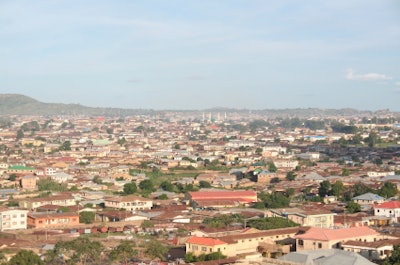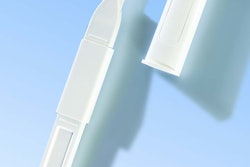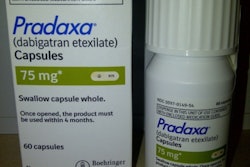
In 2011, Nigeria’s population reached 167 million, largely due to increased life expectancy and the high proportion of teenage pregnancies. The mortality rate has been decreasing due to increased funding in the healthcare sector by the government and the initiation of healthcare campaigns throughout the country. Global Data estimates the pharmaceutical market at $774 million in 2010, and is expects it to reach $2.08 billion by 2020, at a projected Compound Annual Growth Rate of 10%.
Meanwhile, the medical device market was worth approximately $214 million in 2011. The positive trends in Nigeria’s healthcare market can be attributed primarily to improving regulatory environment Increase in the number of healthcare facilities Increase in per capita income.
Following decades of political strife, Nigeria appears to be emerging as a stable and potentially prosperous African nation with a healthy pharmaceutical industry, according to its new report, “Healthcare, Regulatory and Reimbursement Landscape—Nigeria.”
The Nigerian government, through the National Economic Empowerment and Development Strategy (NEEDS) and Millennium Development Goals (MDGs) programs, has undertaken initiatives to encourage private investments and develop the pharmaceutical and medical device industry. Nigeria’s National Agency for Food and Drug Administration and Control (NAFDAC), for example, has proposed the Pharmaceutical Intervention Fund (PIF), with a value of $1.3 billion. In addition, the Nigerian Ministry of Health (MoH) has framed a number of policies and programs with the support of global funding for the prevention and early detection of various disease conditions, as the country focuses on reducing the national disease burden.
However, the nation’s healthcare system is still in an underdeveloped state and inefficient facilities and a lack of universal healthcare coverage mean that many Nigerians rely on the private healthcare sector, which involves high out-of-pocket expenditure. According to the World Bank, the government’s share of national healthcare expenditure was 38% in 2010, while private expenditure reached 62%.
In the future, the Nigerian government plans to expand its National Health Insurance System to cover the entire population. This system will change the healthcare infrastructure, provide universal coverage to the population, and reduce the overall out-of-pocket payment.
(Photo here is of Jos, Nigeria)





















